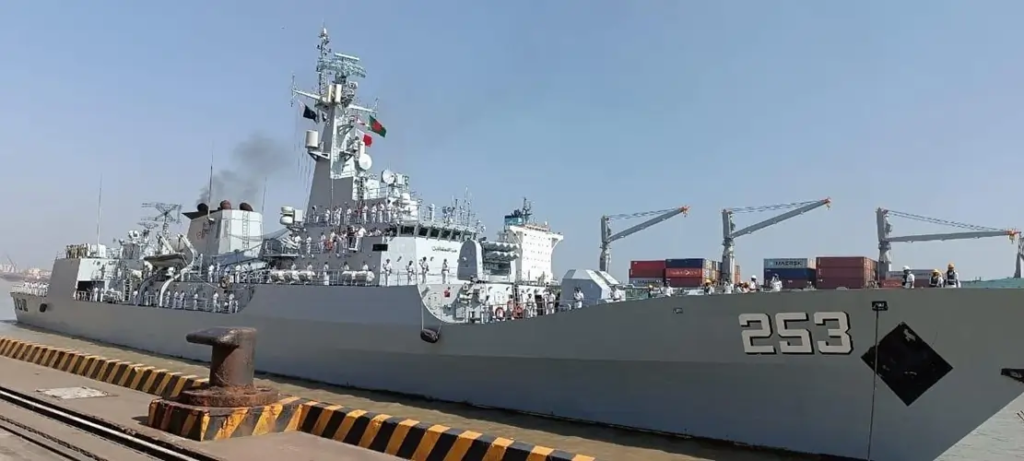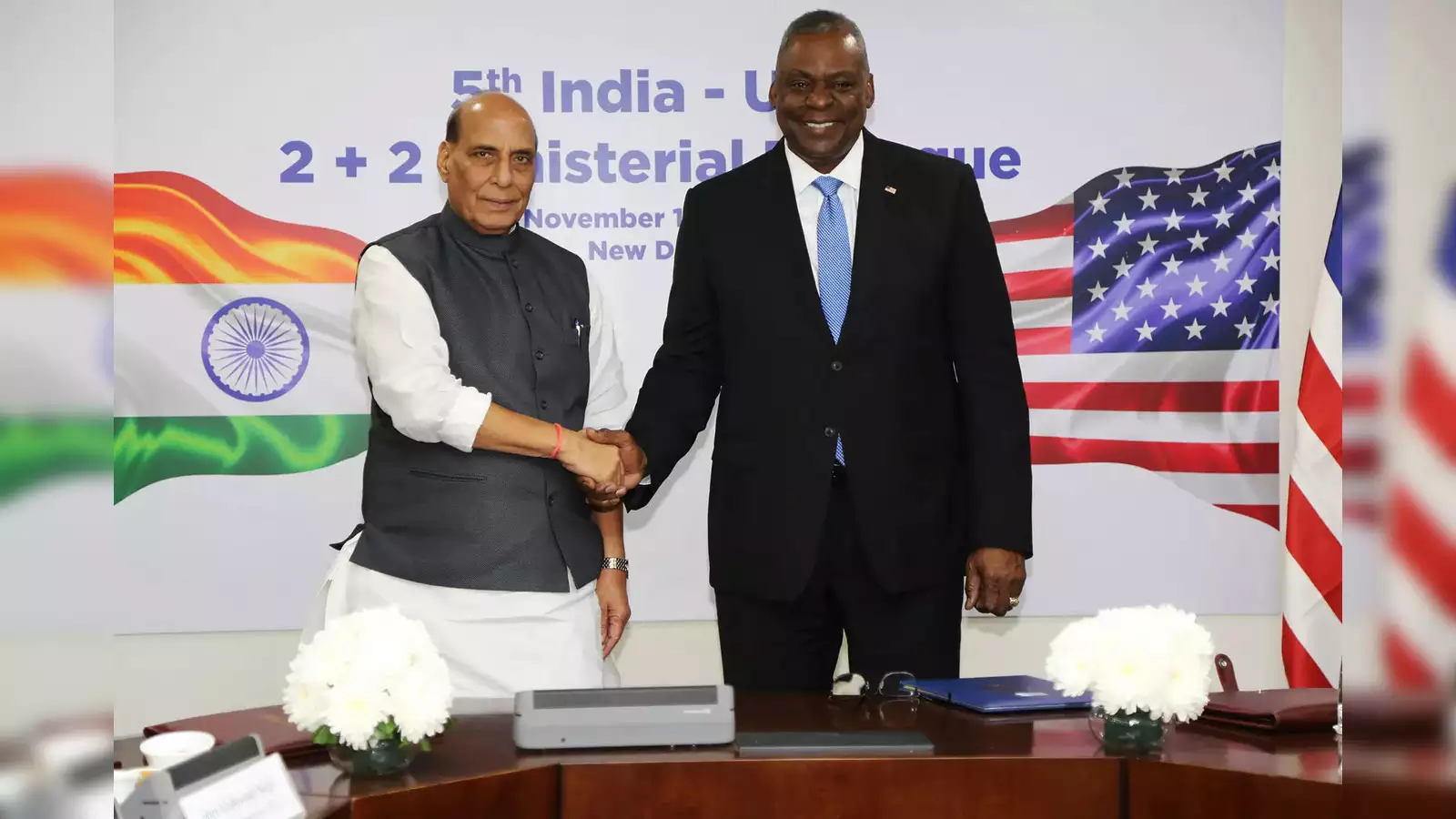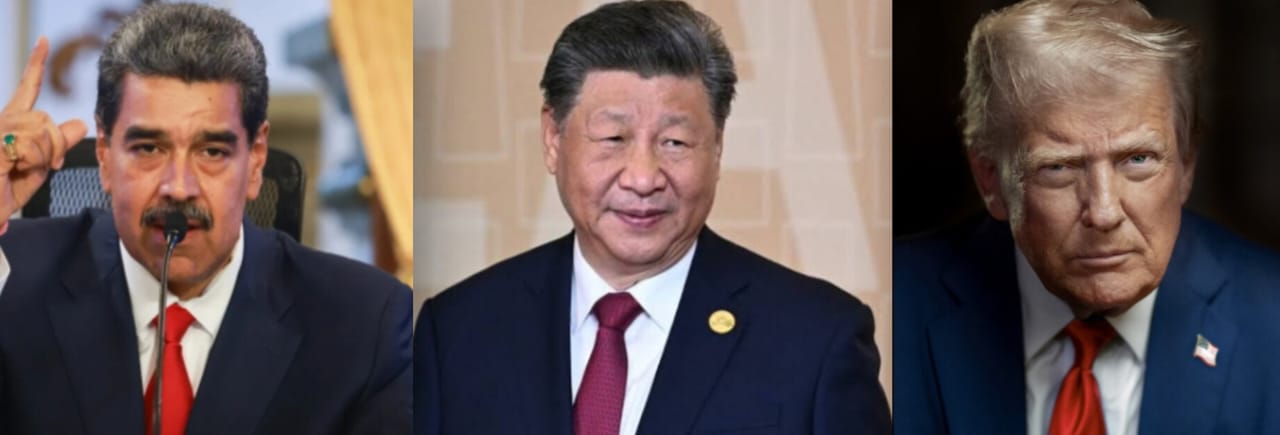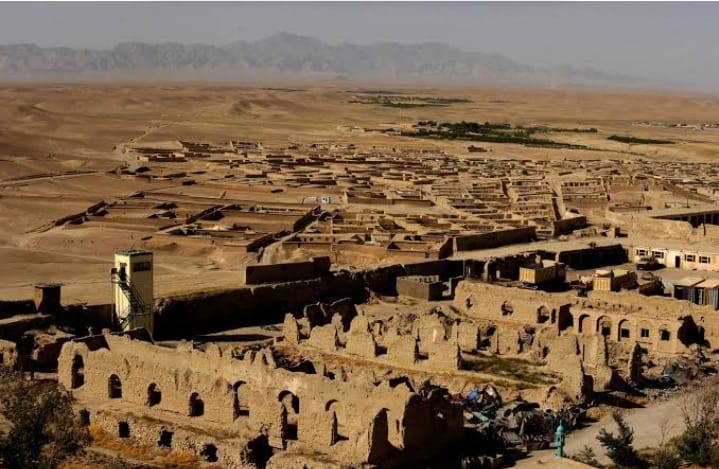
Distrust Rooted in History. Since 1971, Pakistan and Bangladesh have struggled to build a relationship free from the shadows of the past. Islamabad refused to recognize Bangladesh’s sovereignty until 1974, doing so only after the scheduled visit of Pakistan’s Naval Chief, Admiral Naveed Ashraf, to Bangladesh from November 8 to 12 followed by formal staff talks between the two navies is being presented by Islamabad as a sign of “renewed cooperation” and “regional friendship.” It represents a familiar pattern: Pakistan’s periodic attempts to soften its global isolation by reaching out to neighbours it once brutalised or alienated. For Dhaka, the optics of welcoming a senior Pakistani military official carry deeper and more troubling connotations. Behind the polite handshakes and naval courtesies lies a history soaked in blood one that Bangladesh has not forgotten, even if Pakistan refuses to remember.

The Unhealed Wounds of 1971. Any effort to project warmth between Pakistan and Bangladesh must confront the grim legacy of 1971, when the Pakistan Army launched Operation Searchlight to crush Bengali aspirations for autonomy. The campaign unleashed across then East Pakistan ranks among the darkest chapters of South Asian history. Villages were torched, women were assaulted on an industrial scale, and intellectuals – professors, journalists, artists – were systematically targeted to decapitate the emerging nation’s leadership. Estimates of civilian casualties vary widely, from 300,000 to 3 million, yet even the lowest figures speak to a tragedy of staggering proportions.

Over 10 million refugees fled into India, triggering one of the largest mass displacements of the 20th century. The refugee crisis not only strained India’s resources but also galvanized regional and international outrage against Pakistan’s actions. The horror of 1971 was not merely a military campaign; it was an assault on humanity itself.
A Nation Born in Fire. Bangladesh’s birth was not the outcome of diplomatic negotiation but of armed struggle and sacrifice. The intervention of the Indian Armed Forces, alongside the Mukti Bahini resistance, was decisive in bringing an end to the atrocities and ensuring the emergence of an independent Bangladesh. For the people of Bangladesh, independence came at a monumental human cost one that continues to shape their national consciousness. For India, the war underscored its commitment to moral responsibility and regional stability, even in the face of immense international pressure.
The birth of Bangladesh is intrinsically linked to the valour of the Indian Armed Forces, especially the Indian Navy. In December 1971, India’s naval operations effectively choked Pakistan’s eastern theatre. The Naval blockade of East Pakistan isolated Dhaka from the sea, preventing reinforcements and supplies. The crowning moment came when the Indian Navy and Mukti Bahini’s joint operations destroyed critical ports and communication lines, hastening Pakistan’s surrender. The liberation of Dhaka on December 16, 1971, remains a testament to India’s commitment to justice, democracy, and regional stability a commitment that Pakistan’s current naval diplomacy conveniently ignores.
This shared history of liberation and resistance is not merely a chapter of the past; it remains central to South Asia’s collective identity. Any gesture by Pakistan’s military establishment that seeks to overlook or sanitise these events is bound to evoke scepticism, if not outright anger, in Dhaka and beyond.
considerable pressure from the international community. Even then, it offered no formal apology or acknowledgment of its crimes. Bangladesh’s demand for a formal apology has been met repeatedly with silence or evasive statements from Islamabad. Bangladesh has pursued justice through ongoing war crimes tribunals, convicting several individuals mostly from pro-Pakistan political groups for their roles in the 1971 atrocities. These trials underscore Dhaka’s enduring commitment to accountability, even as Islamabad continues to deny responsibility.
Worse, Pakistan’s political and military elite continue to present a distorted version of 1971 in domestic narratives — one that frames the war as a mere political mishap rather than a genocide. In contrast, Bangladesh has institutionalised the memory of its liberation, including through war crimes tribunals that have prosecuted collaborators involved in the atrocities.
Divergent Trajectories Today. Pakistan and Bangladesh stand at vastly different crossroads. Bangladesh has emerged as one of South Asia’s most successful development stories a nation of social resilience, export-led growth, and progressive foreign policy. Its diplomacy is guided by pragmatism and regional stability. Pakistan, by contrast, remains mired in political volatility, economic distress, and an overbearing military establishment that frequently undermines civilian authority. Its foreign policy has long been hostage to the security mindset of Rawalpindi rather than the vision of a forward-looking state.
Despite geographic proximity, bilateral trade remains negligible, and people-to-people exchanges are minimal. Air links are few, and cultural collaboration is virtually absent. Bangladesh’s policy orientation increasingly aligns with countries committed to a rules-based Indo-Pacific order a framework that values peace, transparency, and sovereignty. Pakistan’s attempts to reinsert itself into Dhaka’s strategic calculus, therefore, appear less as a gesture of reconciliation and more as a geopolitical manoeuvre.
Maritime Diplomacy or Strategic Opportunism? The timing of Admiral Ashraf’s visit raises important questions. Pakistan’s naval outreach comes at a time when it faces international isolation, economic crisis, and dwindling credibility even within the Islamic world. Its effort to rekindle ties with Bangladesh seems driven less by genuine friendship and more by strategic opportunism, an attempt to project relevance in the Bay of Bengal and counter India’s growing regional partnerships.
Such overtures may also reflect external influences. Pakistan’s deepening alignment with China and Beijing’s growing maritime interests in the Bay of Bengal suggest that naval diplomacy could be an extension of broader strategic objectives rather than a bilateral gesture. Dhaka must view this engagement through a lens of historical caution and present-day prudence.

A Test of Memory and Maturity. Bangladesh’s foreign policy has long balanced historical sensitivity with pragmatic engagement. Yet, this visit poses a subtle test: whether Dhaka’s pursuit of regional engagement can coexist with its moral obligation to the memories of 1971. For Pakistan, genuine reconciliation can only begin with an acknowledgment of truth and accountability. Without an apology, without a willingness to confront its own history, Pakistan’s gestures naval or otherwise will continue to ring hollow. For Bangladesh, the choice is between symbolic engagement with an unrepentant past and sustained partnership with nations that respect its sovereignty, progress, and hard-earned dignity.
Fifty-four years after independence, Bangladesh has built a proud and confident identity grounded in sacrifice, justice, and growth. Pakistan, on the other hand, remains trapped in denial unwilling to accept that its greatest military failure was also its greatest moral one.
Admiral Ashraf’s visit may make diplomatic headlines, but it cannot erase the blood-stained truths of 1971. Reconciliation without remorse is mere posturing. For Dhaka, prudence lies not in forgetting the past, but in ensuring that history’s lessons guide its future choices.


